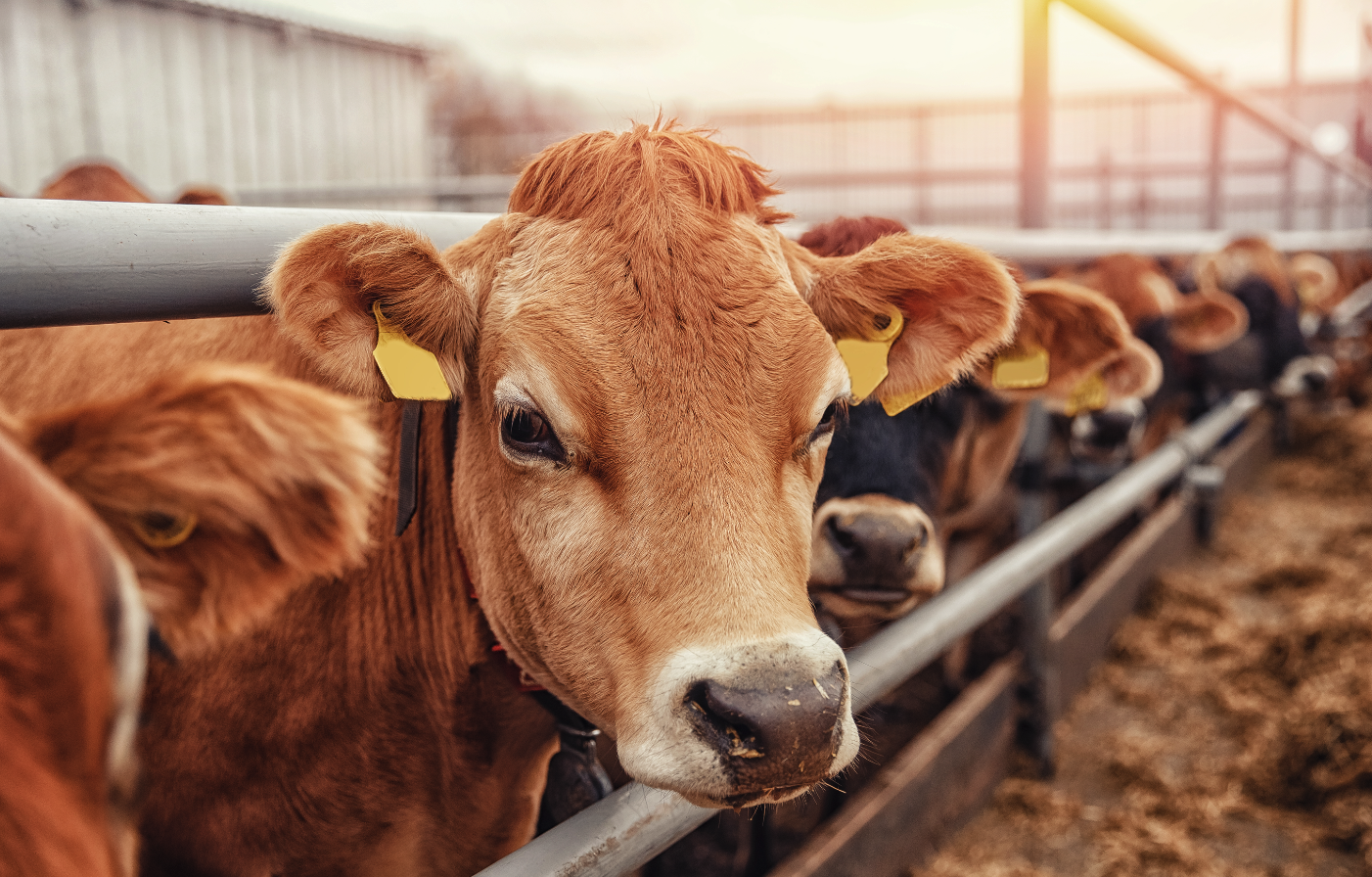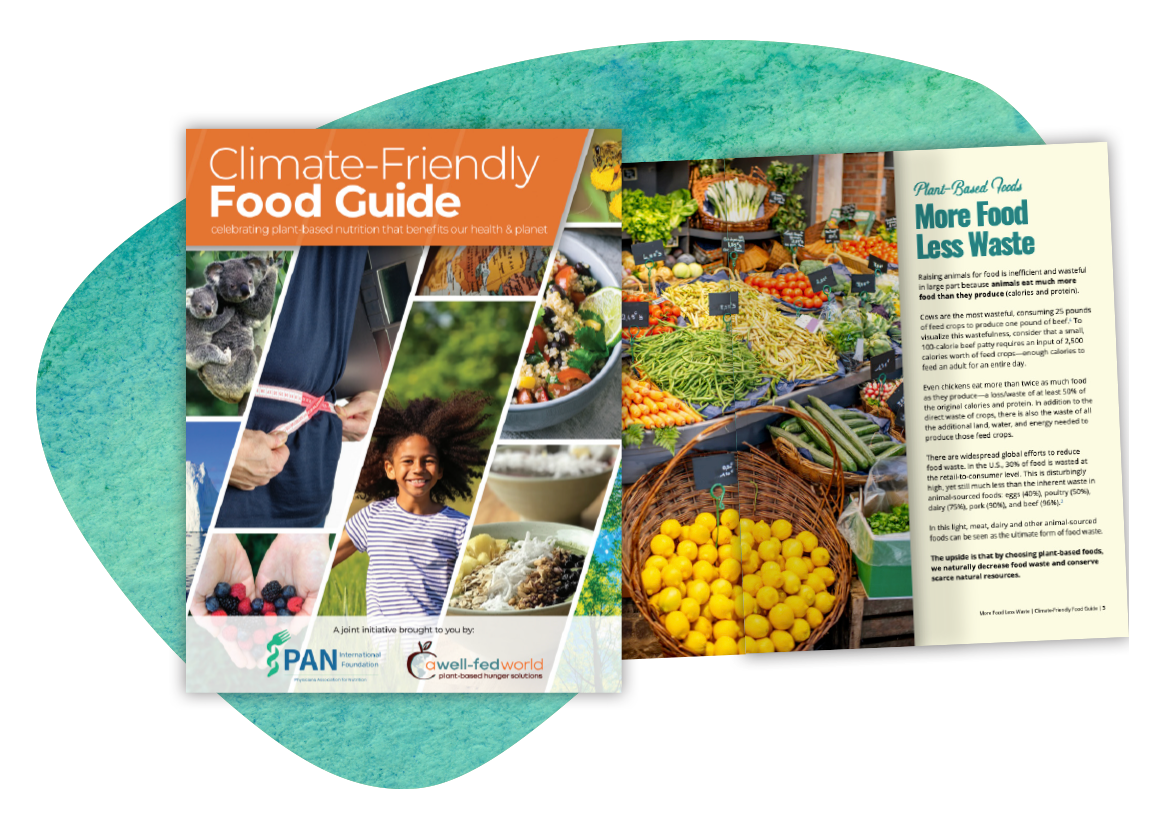Experts agree that a whole food plant-based diet is the healthiest for people and the planet.
This style of eating has been proven to reduce the risk of chronic disease, decrease environmental impact, and lower the risk of new infectious disease emerging from animals.
Our food choices significantly affect both personal health and the planet, making dietary change crucial for a sustainable future.
The World Obesity Federation predicts that by 2030, 1 in 5 women, and 1 in 7 men will be obese.
Poor diets cause 1 in 5 deaths globally. Improving diets can prevent 11 million deaths per year.
Climate change is the biggest global health threat of the 21st century.
Unhealthy diets contributed to over 14.1 million cases of Type 2 Diabetes, representing over 70% of new diagnoses globally.
Food production (e.g. live stock) accounts for over a quarter (26%) of global greenhouse gas emissions.

Healthy nutrition not only improves individual well-being, but also support planetary health and reduce the risk of pandemics by lowering reliance on resource-intensive animal agriculture and promoting sustainability.
Nutrition & Individual Health
Heart disease, obesity, type 2 diabetes, and other chronic diseases are responsible for most premature deaths around the world. Globally, the most important risk factor for these diseases is poor nutrition. Evidence shows whole food, plant-based nutrition is one of the most effective, if not the most powerful tools, to prevent (and treat) most chronic diseases.
Nutrition & Planetary Health
The climate crisis is the single biggest threat to global health. Rising global temperatures and the disruption of ecological systems create a huge number of very different human health impacts. The global food system is responsible for about 26% of all greenhouse gas emissions, with more than half of the emissions in the food sector coming from animal products. Research shows that the more plants in our diets, the better for our climate and the environment.
Nutrition & Pandemic Risk
The global COVID-19 pandemic caused by the SARS-CoV-2 virus has shown us the huge potential of diseases that impact human health and our way of life. The conditions in industrial animal agriculture are fueling the emergence of new pathogens and are increasing the risk of antimicrobial resistance. A shift to more plant-based diets will remove pressure from the last intact ecosystems and reduce the risk of disease transmission through industrial livestock farming.
Get our Climate-Friendly Food Guide
Scientists and environmental groups worldwide advocate for plant-based foods to help combat climate change and significantly improve human health. Good health starts in the kitchen. Therefore we created the Climate-Friendly Food Guide in partnership with A Well-Fed World, offering recipes, tips, and resources.







